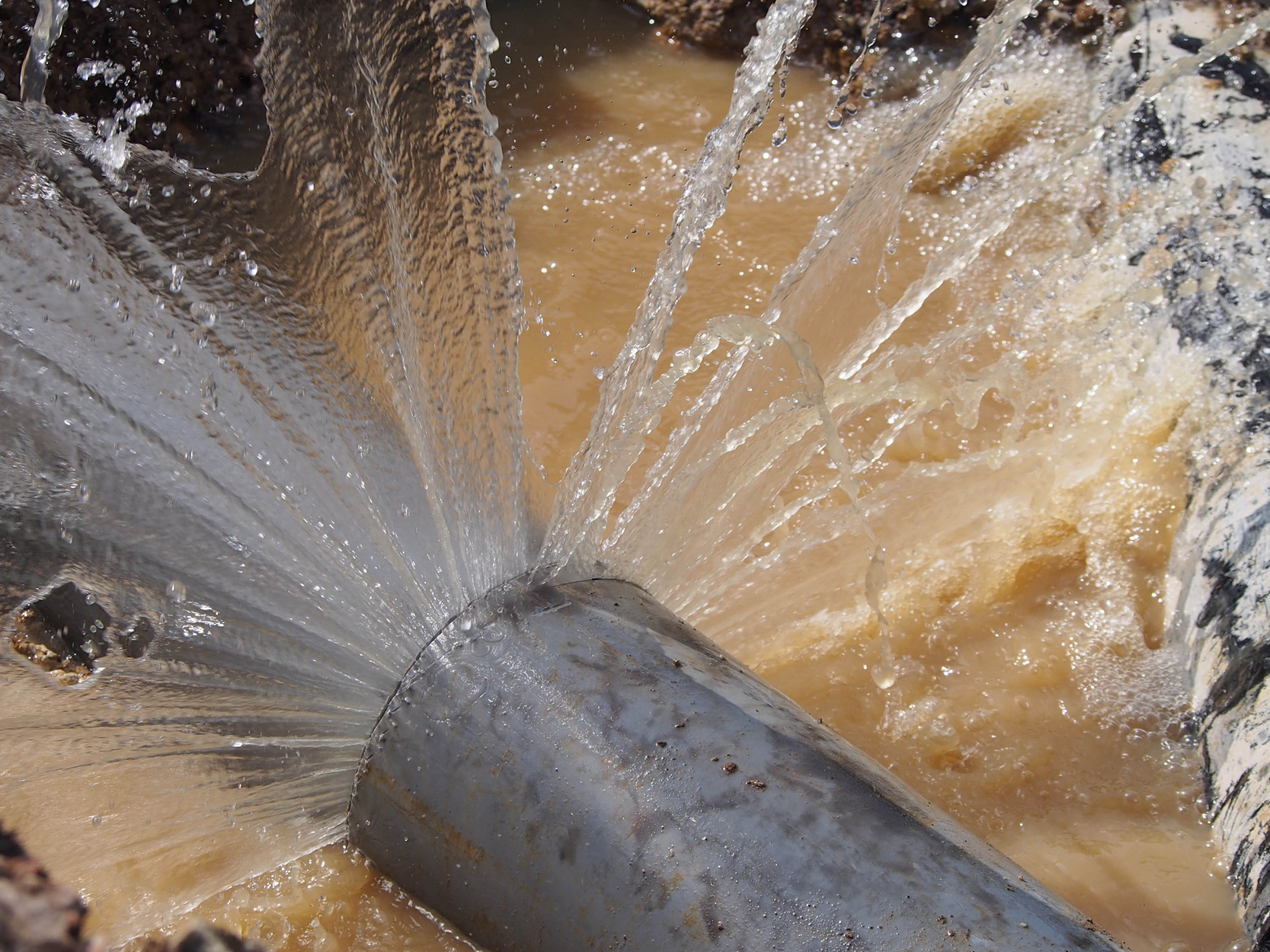
A startling report, released last week by the United Nations Office for Disaster Risk Reduction, has concluded that drought is at-risk of becoming “the next pandemic”, with no vaccine to cure it.
The report suggests that since 1998, approximately 1.5 billion people have suffered from the effects of droughts, with the land devastation, food insecurity and other subsequent factors leading to economic costs of around $124 billion.
Furthermore, the UN report suggests that like Covid-19, droughts affect all societies and economies – urban and rural – regardless of stages of development.
Blaming ‘human-induced’ climate change, the report concludes that drought frequency and severity have already increased in some, often already water-scarce, regions of the globe. It is also explained that drought impacts are predicted to worsen as global average temperatures hit 2oC higher than pre-industrial levels.
In the UK, a country often considered to be wet and rainy, it might be difficult to perceive droughts as a pressing issue.

However, with daily demand for water in England and Wales increasing steadily (expected to rise by 30% from 14 billion to 18 billion litres by 2050) and more persistent hot weather being experienced as a result of climate change, the UK is not immune from water scarcity.
The reduction of network leakage has been identified as a critical factor in achieving water sustainability and water companies are proactively delivering large-scale network monitoring projects in an effort to reduce leaks, which is a hugely complicated undertaking.
In the UK, water companies own over 346,455km of mains water pipes, which is enough to cover the equator 8.5 times over! Throughout this vast network, Water UK reports that 2,954 million litres of water is lost each day because of leakage.
Leak reduction is considered so critical that Ofwat has set water companies stretching performance commitments which, when achieved, will reduce leakage by 16% by 2025. To their credit, the UK water companies have committed to going further, aiming to deliver a 50% reduction in leakage by 2050.
However, approximately 90% of all leaks never show at ground level, and as such, water companies are investing in the deployment of advanced technological solutions including acoustic noise loggers, correlators and ground microphones to discover them.

United Utilities, for example, is committed to installing an acoustic leak noise logger along every quarter mile of its network and is investing in up to 100,000 PermaNET devices to achieve this. It is United Utilities intention to reduce leakage by 20% by 2025, exceeding the Ofwat target, with this mass deployment set to be the catalyst.
Further north, Yorkshire Water has also invested heavily in PermaNET devices in ongoing attempts to save millions of litres of water. Aiming to install around 40,000 devices, Yorkshire Water is using acoustic leak noise monitoring to cover the areas of its network that is most prone to leaks.
With ambitious targets in mind, water companies are continuing to invest heavily in leak detection solutions, such as PermaNET, to proactively monitor their network.
Developments in technology has significantly improved the accuracy and efficiency of leak detection, which in turn reduces cost, disruption to customers and most importantly, water loss.
For more information about our range of clean water network monitoring solutions, and to download our brochure, please click here.